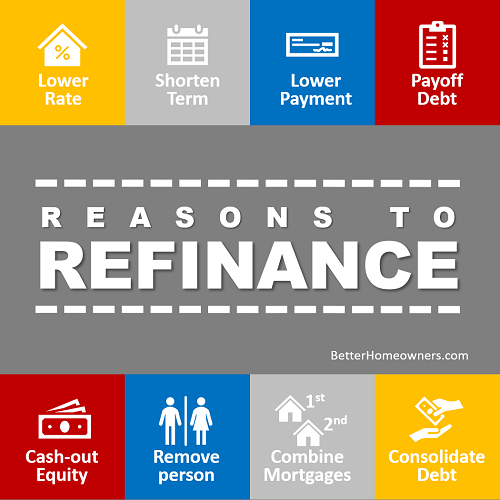Who Decides Value?
The seller can put a price on the home but the value is ultimately, determined by the buyer. Individually, a buyer could pay over market value because they love the location, or the elevation of the home or the proximity to something that is important to them. The shortage of available homes resulting in increased competition among buyers could drive the value higher. Most experts agree initially pricing it properly will generally result in the highest sales price. If a home starts out too high, it could actually sell for a lower price after it has been on the market for a while. It gives the impression that there must be something "wrong" with the house because it didn't sell immediately. So, how does a seller determine what price to put on the home? It has nothing to do with what the seller needs to get out of it. Nor does the price the seller paid for it make any difference now. Even if the ...
